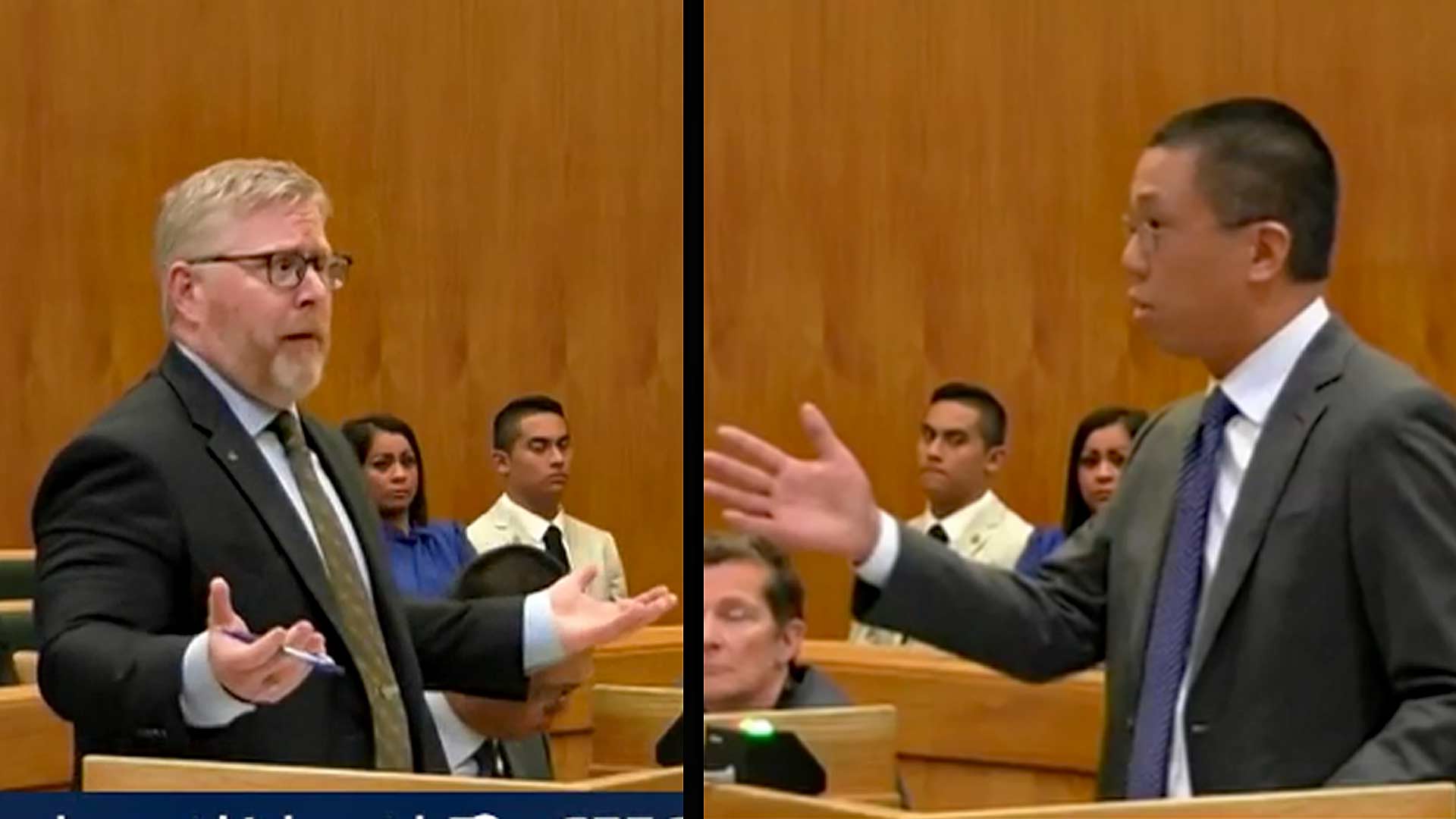
In a high stakes case to decide the fate of Alaska’s homeschooling allotment program, the Alaska Supreme Court, on June 27, heard arguments for and against the state funded program that allows families to receive reimbursement funds for expenses related to educational materials, classes, tutors and services provided by private and religious schools.
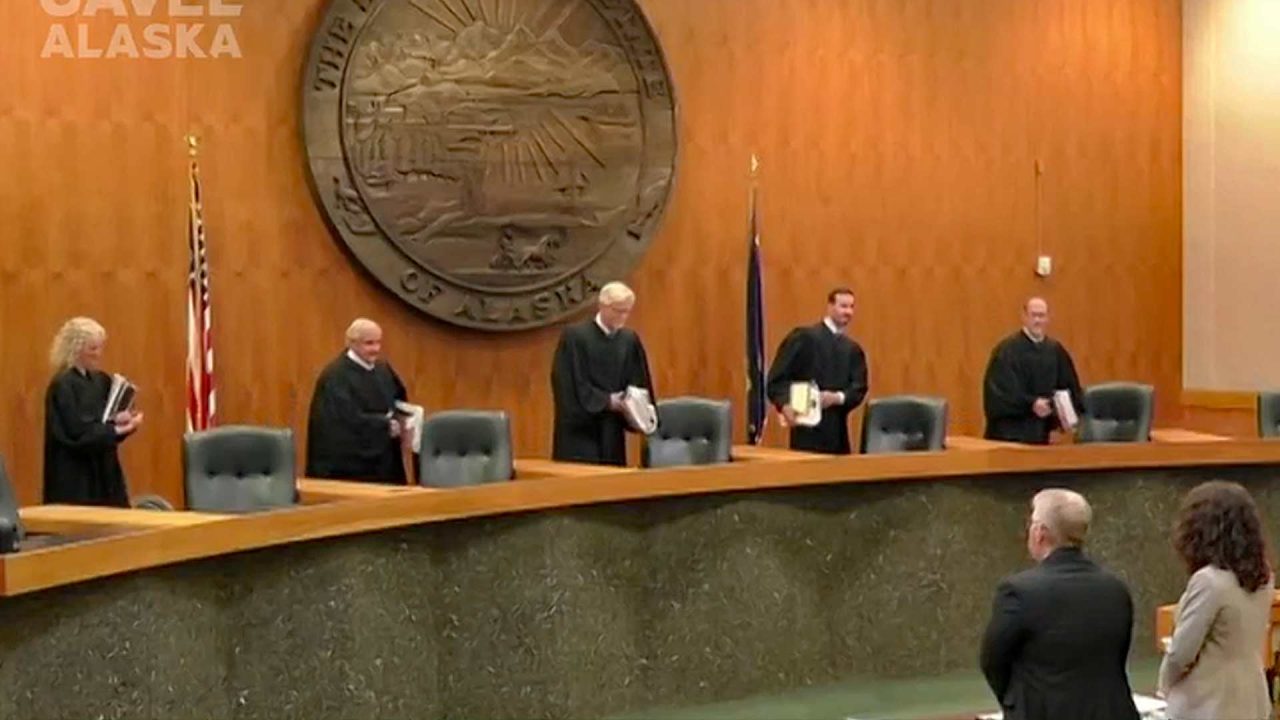
In April, Anchorage Superior Court Judge Adolf Zeman struck down the statutes that underpin the increasingly popular state-funded homeschool program that is now utilized by some 24,000 students, about 20% of all children enrolled in public schools.
Citing the Alaska Constitution’s ban on public funds being spent for the “direct benefit” of private and religious educational institutions, Zeman issued a sweeping ruling that draws into question all spending on goods or services provided by private or religious intuitions.
Opponents of the allotment program – financially backed by the National Education Association – brought the suit amid rapidly declining enrollment in Alaska’s traditional brick and mortar public schools.
In issuing his April opinion, however, Judge Zeman never claimed that some parts of those laws are unconstitutional and others valid. Nor did he say that some kinds of spending under the allotment statutes are permitted but other types prohibited. Instead, he declared the entire correspondence program statutes unconstitutional – exactly what the NEA had asked for.
During the June 27 appeal before the Alaska Supreme Court, the state’s attorney Elbert Linn argued that the lower court cannot simply throw out an entire statute simply because portions may have been applied unconstitutionally.
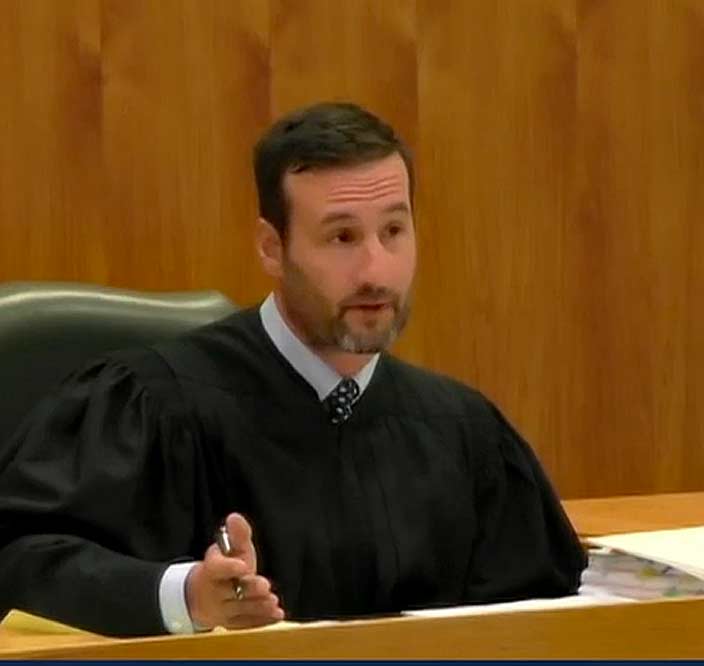
In questioning Linn, Justice Dario Borghesan asked whether the state believes it is constitutional to reimburse parents for full-time tuition at private or religious schools.
Linn suggested that it may be constitutional, but argued that the real question wasn’t whether some parents use the allotment for private schooling, but whether the lower court had the right to simply throw out an entire law based on the belief that some reimbursements may be impermissible. He argued that the law should stand if the court determines it has an “obvious set of constitutional applications.”
In short, if the wording of the statute is constitutional, then the court should uphold the law, Linn maintained.
Justice Borghesan said he didn’t believe that most people think of correspondence education as sending kids to full-time private school.
Linn said that would depend on individual students and families, and whether their particular circumstances would warrant accessing goods and services provided by a private or religious institution.
He also noted a major flaw in the plaintiffs’ lawsuit, namely, that it does not include individual school districts as defendants, despite the fact that school districts – not the state – are the entities that approve specific reimbursements. The state, he pointed out, simply passes the allotment money to local districts. By not naming these school districts, the plaintiffs have failed to bring the lawsuit against any entity that could reasonably be held liable for violating the constitution, he said.
Justice Daniel Winfree asked whether the state has any authority in overseeing the homeschool allotment expenses. Lee reiterated that it does not, according to state law.
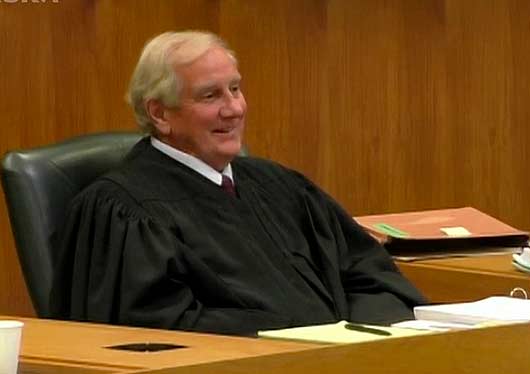
Winfree then wondered aloud whether the court could order the state to sue districts for wrongful application of the homeschool allotment funds. Both Winfree and Linn seemed to agree that this would be a violation of the separation of powers.
Next up was attorney Kirby West, representing individual homeschool families who have been thrown into limbo due to the lower court ruling.
She argued that the Superior Court was wrong to rule that Alaska’s Constitution prohibits reimbursing families for expenses they incur at private or religious schools.
The constitution, she said, bans spending public funds in a manner that “directly benefits” private or religious institutions. Reimbursing families, however, is not a “direct benefit” to schools, because parents have the choice of spending the funds at public, private or religious schools. Those entities benefit only “indirectly,” which is allowable according to the state constitution, she said.
Kirby added that the main question the court needs to decide is whether “the student allotment is a benefit to private intuitions or is it a direct benefit to families?”
Attorney Scott Kendall then had an opportunity to lay out the plaintiffs case against the homeschool program.
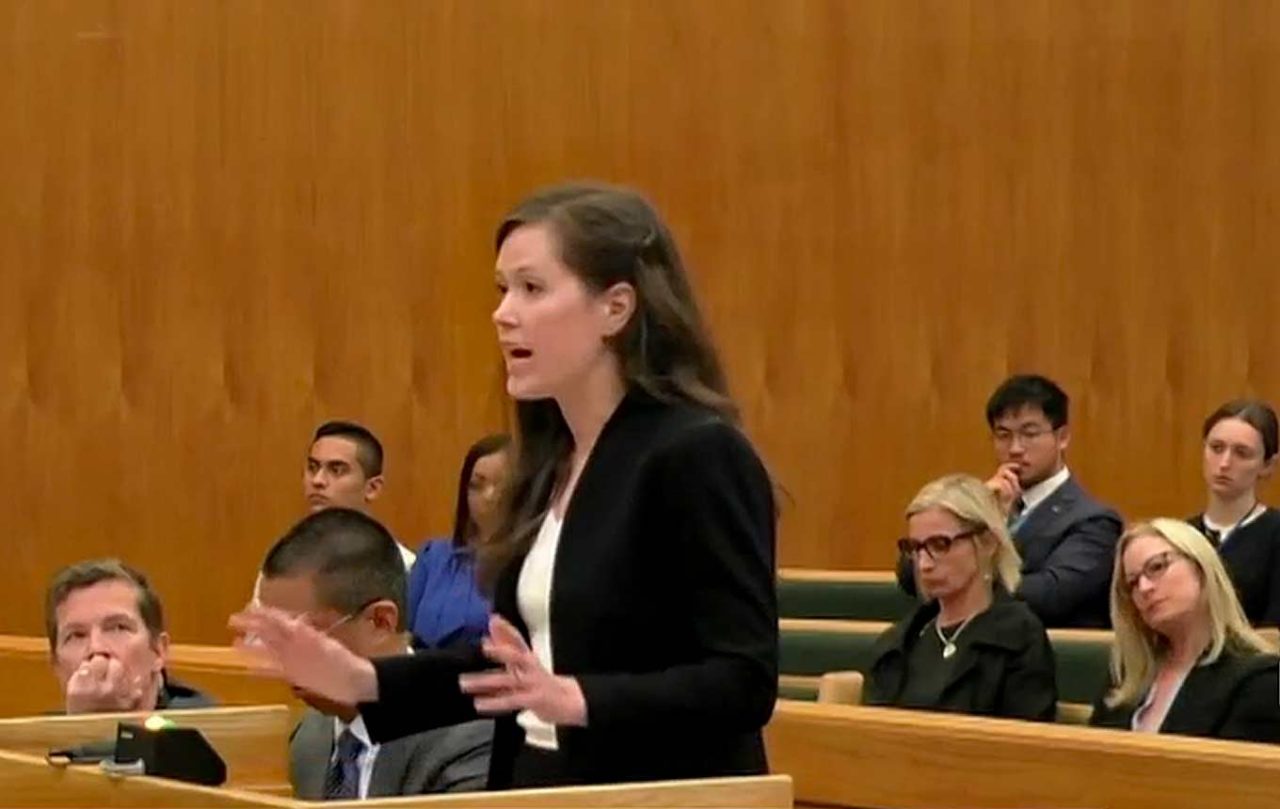
Justice Jennifer Henderson asked Kendell whether he thinks there are any additional expenses – other than spending on private and religious schools – that he believes might be unconstitutional.
Kendall said his main concern was the practice of reimbursing parents for tuition at private schools, as well as materials purchased at these institutions.
Justice Borghesan asked Kendell if the plaintiffs were opposed to the expenses for things like dance lessons and taekwondo classes.
Kendall did not.
Justice Borghesan then asked Kendell why he thought the Supreme Court should affirm the lower court’s decision to throw out the entire statute, if, in fact, it does allow for constitutionally valid expenses.
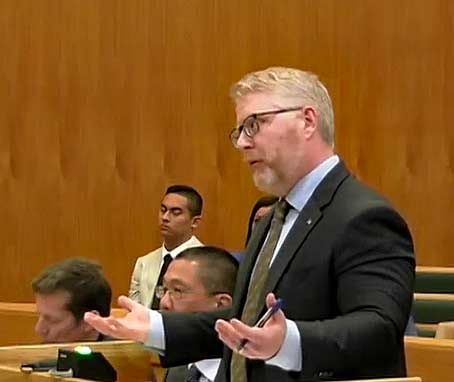
Kendall tried to make the case that if the law allows for even one unconstitutional expense, then it should be thrown out, even if it permits constitutional reimbursements as well.
Justice Borghesan seemed unconvinced with this position.
Justice Henderson then weighed in on the state’s concern that the lower court ruling was so broad that it seems to have banned the state from reimbursing families for expenses at all religious and private organizations – not just educational institutions.
Kendall said he didn’t think the lower court ever meant to ban expenses at retail or private businesses.
He then added that the plaintiffs would be satisfied if the justices agreed to simply strike some portions of the law, which have unconstitutional applications, while allowing the rest of the statute to stand.
In a particularly critical exchange, Justice Borghesan circled back around to the state’s claim that the school districts – not the state – are the entities that make the final determinations on approving reimbursements, and that they should have been named in the lawsuit.
“How do we declare a statue’s application unconstitutional, when we don’t have a government entity who is using it that way?” Henderson asked Kendell.
Kendall initially implied that the court could rule against the homeschool families, who were reimbursed by the districts for expenses at private and religious schools.
Justice Winfree broke in.
“You’re certainly not suggesting that the parents are acting unconstitutionally,” he told Kendall. “They can act anyway they want. There are constitutional limits around governments, not people.”
Kendall conceded the point.
Justice Borghesan continued in this line, asking Kendall whether he thinks he has the right to sue parents based on the claim that their receipt of reimbursements was unconstitutional.
ALASKA WATCHMAN DIRECT TO YOUR INBOX
Kendall admitted that plaintiffs could not sue the parents, but the court could rule that the use of reimbursement funds for private schooling was unconstitutional.
Later, however, Kendall appeared to contradict himself when he suggested that, in cases involving gifted or special needs students, districts might be justified in reimbursing parents for using homeschool allotments at private educational institutions. Those instances, however, should be very narrow, Kendell claimed.
Justice Henderson said that line of reasoning suggests “the importance of having the school districts apart of this suit, so they could explain whether or not that is why they allow certain types of spending.”
After Linn briefly returned to the podium to reiterate the state’s concerns, Justice Winfree said the key point the court must decide is whether public funds can ever be used to reimburse expenses incurred at private schools.
Kirby, representing homeschool families, was then given three extra minutes to finish her arguments in defense of the homeschool allotment uses.
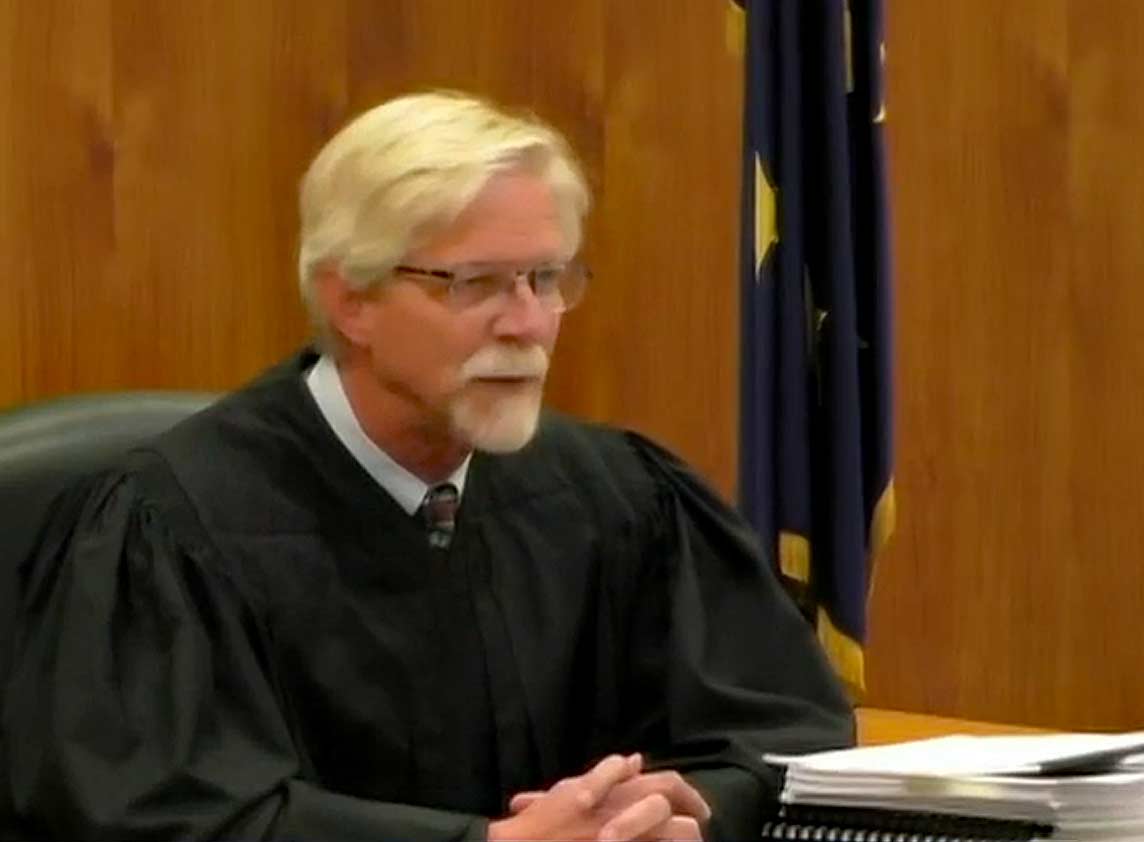
“The superior court seems to be saying that the state may never create a program in which any beneficiary chooses to use the money at a private school,” she said. “But the state already does this all the time. After all it would be absurd, and patently unconstitutional, to suggest that the state must police the use of permanent fund dividends to ensure that no Alaskan ever uses that money to defray the cost of their child’s tuition at a private school. It’s just as unconstitutional to do so here.”
Kirby finished by asking the justices to issue a lengthy stay the lower court’s ruling until the Supreme Court comes to a final decision in the case. This would allow homeschool families to continue using the reimbursements as they have in the past, and would avoid disrupting the educational plans of 24,000 students in the upcoming school year.
Chief Justice Peter Maassen thanked the various parties for their thoughtful arguments and closed the hearing.
“No timelines are guaranteed, but we understand the urgency of the matter,” he said. “And for now we stand adjourned.”
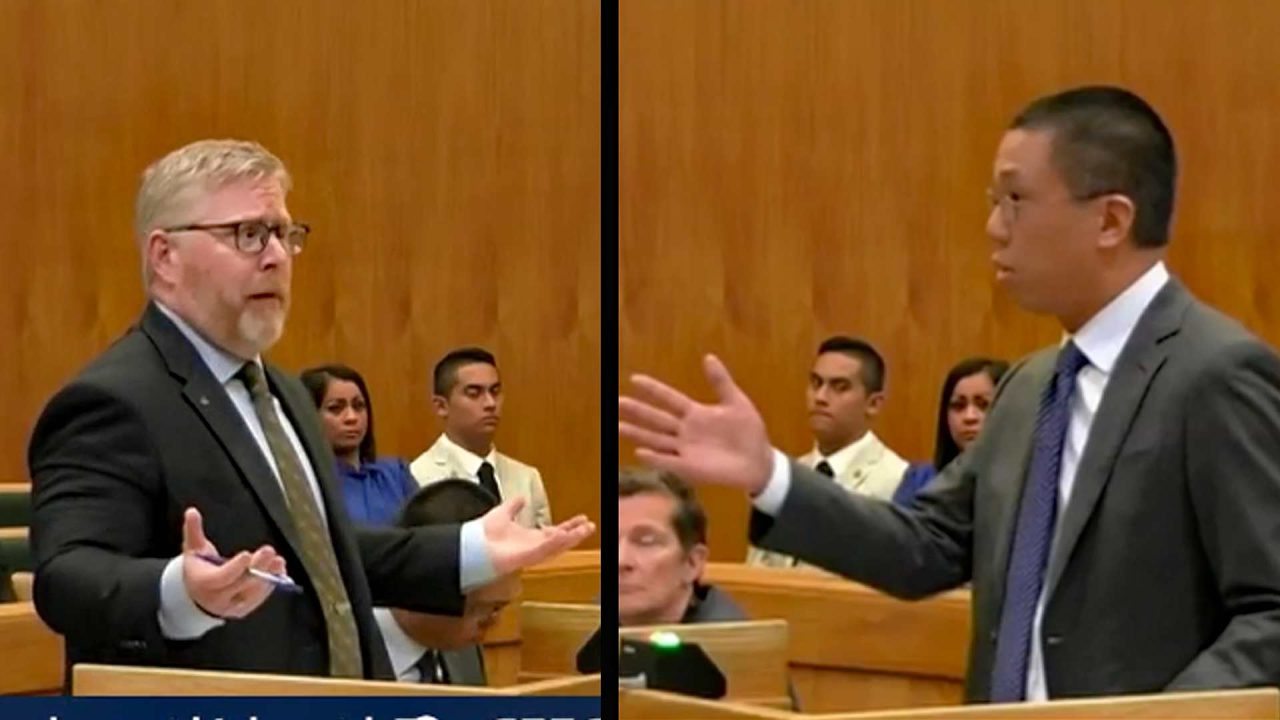







11 Comments
Recently the Alaska Watchman came to my attention … I am interested enough to make a one-time donation but reject the only option which seems to be a minimum of $25 thru other than my personal debit card. Leave my options open & I’d be happy to check out the Watchmen on a more regular basis. PS: On the School issure: your article seems be be well done …. I’d like to follow it further.
Excellent reporting. Thank you.
Perks of independent homeschooling… you’re not under the control of the government and what they do or don’t do with your money.
Praise Jesus
Is there any topic that evil Scott Kendall doesn’t have his sticky fingers in? I wonder if Lisa Murkowski makes sure he gets paid well through laundered Soros money?
Scott Kendall seems to have his fingers in every pie. Hmmmm. I wonder how he gets paid?
FoH–Kendall is a private practice attorney in an Anchorage law firm. https://cashiongilmore.com/
So? He’s a lawyer…period. Can be bought for the right price.
We ought to all pray that Scot Kendall leaves the state by any means God sees fit. He is among the worst of Alaskans.
l
Is it too much to hope that Kendall and the NEA go down to total defeat on this one? Home schooling is really needed in a large state like Alaska where so many students have no way to get to public schools. And thanks to the NEA and the woke left, the public schools are only a shadow of what they used to be. It’s not money that is needed, but a complete revamping of the whole educational system to prepare today’s students for tomorrow’s problems. Sadly, this situation is not limited to Alaska, but includes the whole of the United States. Fix the broken system now!
Is it too much to hope that Kendall and the NEA will lose this case? The NEA wants everyone in a public school so they can indoctrinate all the students in the latest woke agenda. Having all students attend public schools in a state as vast as Alaska is a physical impossibility, as many of the students live outside of the public school districts. Rather than force all students into a broken educational system, the whole system should be revamped to regain and expand the excellent qualities it formally had. Until that is done, parents need viable alternatives. And since home school programs are managed by the educational districts, students are well served by these programs. To make them unavailable makes no sense and only serves a limited few.